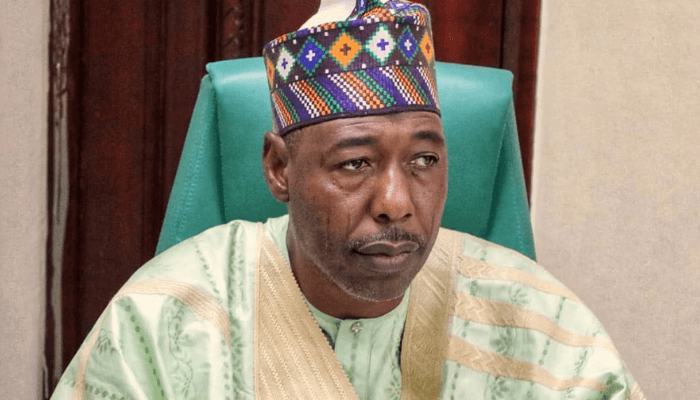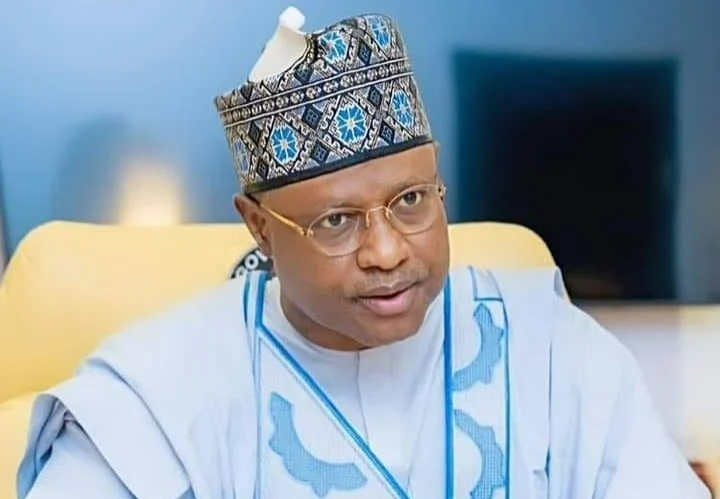There are plans to make Nigeria a major player in the automotive manufacturing industry, according to the Minister of Industry, Trade and Investment, Doris Uzoka-Anite.
This disclosure was made by the minister recently while launching the Nigeria Automotive Industry Development Plan at a gathering that was attended by stakeholders drawn from the private and public sectors.
According to the Uzoka-Anite, the automotive industry development plan has been drawn up to position Nigeria as a fully functional vehicle manufacturer in the next 10 years.
She said, “Nigeria has the capacity to produce its vehicles. We have the raw materials; we have the skills; we have a market, and now we have a plan that can help us produce our vehicles. These vehicles include motorcycles, tricycles, sedans, and heavy-duty trucks.
With this plan, we should see Nigeria fully producing its vehicles within 10 years. Our goal is to reduce the cost of purchasing a vehicle for the average Nigerian.”
In his remark, the Director-General of the National Automotive Design and Development Council, Joseph Osanipin stated that a five-year tax holiday for vehicle manufacturers in Nigeria was proposed, as a policy to help implement the plan.
He said, “Through such fiscal initiatives, there is a deliberate focus on backward integration and component production.”
Members of the Automotive Industry Development Plan implementation committee are drawn from the Ministries of Finance, Transport, and Environment as well as Industry, Trade and Investment.
The Nigeria Customs Service, the Nigerian Manufacturers’ Association, and the Standards Organisation of Nigeria are also part of this body.
Last year, Nigeria’s vehicle assembling industry, which is estimated to be worth about N302bn, reduced to a new low due to the increasing cost of production and less appetite for locally assembled automobiles.
According to the Manufacturers CEOs Confidence Index, activities of motor vehicles and miscellaneous assembly declined further below the benchmark (50 points) from 48.6 to 46.7 points.
For example, in the second quarter of 2023, distribution costs surged by 17.3 per cent, while the cost of shipments rose by 14.7 per cent.
Capacity utilisation in the sector decreased by 5.6 %, resulting in a reduction of local assemblers’ workforce by 5.7 % over the period.
In 2014, the federal government initiated a National Automotive Industry Development Plan with the aim to
attract Foreign Direct Investment, stem the dependence on the importation of vehicles, as well as boost local production of automobiles.
Before 2014, when this Policy was introduced, importation of used cars also known as tokunbo had threatened to erase the gained partnership forged with Peugeot Nigeria Limite (PAN) in the north, Volkswagen of Nigeria Limited (VON) in the south, and Anambra Motor Manufacturing Company (ANAMMCO) in the east, in the 1970s and 80s.
However, despite the introduction of this policy, it is reported that federal government agencies, departments, and parastatals hardly patronize the locally manufactured vehicles, opting for the foreign ones. This development as well as poor regulation constituted an albatross on the neck of the industry.











